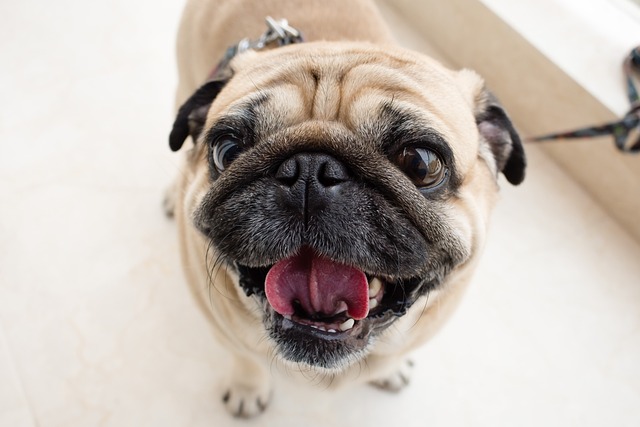
Do dogs with distemper eat?
Watching your dog fight through distemper is one of the hardest things a pet parent can go through. The virus hits them hard, and one of the first things you’ll notice is a change in their eating habits.
That sudden hurk-hurk-gag sound tearing through the silence at 3 AM – your golden retriever sounds like he’s trying to cough up a tennis ball. Nighttime gagging isn’t just alarming; it’s your cue to play detective while navigating local pet regulations and your pup’s comfort. Let’s decode those dark-hour disruptions.
Start by ruling out emergencies. If your dog’s gums look pale or blue, or if breathing becomes labored, rush to an emergency vet – this could signal heart failure or an obstruction. More commonly, gagging stems from post-nasal drip pooling in the throat when lying flat. Breeds like French Bulldogs in humid Florida often experience this due to their short airways. Puppies under 16 weeks need immediate vet checks – early parvo symptoms mimic gagging in high-risk states like Texas.
Daily habits often hide triggers. Empty stomachs overnight can cause bile buildup and acid reflux – try a spoon of plain pumpkin puree before bed. Dust mites in bedding or pollen tracked indoors might spark allergic throat inflammation, especially during Atlanta’s spring bloom. Wash dog beds weekly in hot water to combat this. And if that goose-honk gag follows a daycare visit, suspect highly contagious Bordetella (kennel cough) – Washington State legally mandates quarantine for confirmed cases.

Soothe the episode smartly. Elevate your pup’s head with a folded towel under their bed pad to reduce reflux. Offer ice chips to calm irritated throats – but never human cough syrup, as acetaminophen is lethal to dogs. Swap collars for harnesses immediately; neck pressure worsens tracheal irritation in small breeds. In arid climates like Arizona, run a humidifier overnight to moisten dry airways.
Prep for vet visits strategically. Film a 20-second gagging episode – vets diagnose 40% faster with visuals. Expect tests like tracheal X-rays or heartworm screening. Reward anxious pups during exams with frozen bone broth lick mats rather than restraint; force-handling violates anti-stress ordinances in cities like Portland.
Apartment living demands adjustments. Run HEPA filters continuously to capture dust mites – major allergy triggers in carpeted units. Avoid late-night chew sessions that might excite your terrier into gagging fits, disrupting neighbors during noise curfews. Clean accidents instantly with enzyme sprays; NYC fines up to $250 for lingering vomit odors in shared hallways.
Community awareness prevents problems. If kennel cough is diagnosed, skip walks for 10 days – knowingly exposing others risks $500 fines in Boston parks. Always carry compostable bags; uncollected gag-spotted waste spreads pathogens in soil. Never scold gagging episodes – anxiety worsens spasms and contradicts modern animal welfare laws emphasizing positive reinforcement.
Prevention keeps nights peaceful. Update Bordetella vaccines annually – 90% of U.S. groomers require this. Feed dinner 3+ hours before bedtime to combat reflux. During Midwest pollen seasons, swap evening walks for indoor scent games. Track gagging frequency: Occasional episodes may wait for morning vet calls, but nightly repeats could signal heartworm in mosquito zones or lung tumors in seniors. Your calm response protects both pup and community.

Watching your dog fight through distemper is one of the hardest things a pet parent can go through. The virus hits them hard, and one of the first things you’ll notice is a change in their eating habits.

Watching your dog struggle with health issues is one of the hardest parts of being a pet parent, and when liver failure comes into the picture, panic can set in fast.

When you share your home with a large dog—whether it’s a gentle Great Dane, a playful Labrador, or a loyal German Shepherd—you quickly learn to cherish every moment.

If you’ve ever caught a whiff of your dog’s breath during a snuggle session and winced, you’ve probably considered dental treats as a quick fix. New dog owners

If you've ever seen your energetic pup looking listless, with dry gums and sunken eyes, you might be dealing with a dehydrated dog. For new dog owners in the US

Can I feed my dog homemade dog food every day? It’s a question many new dog owners in the US ponder, especially after watching their pup turn up their nose at kibble.